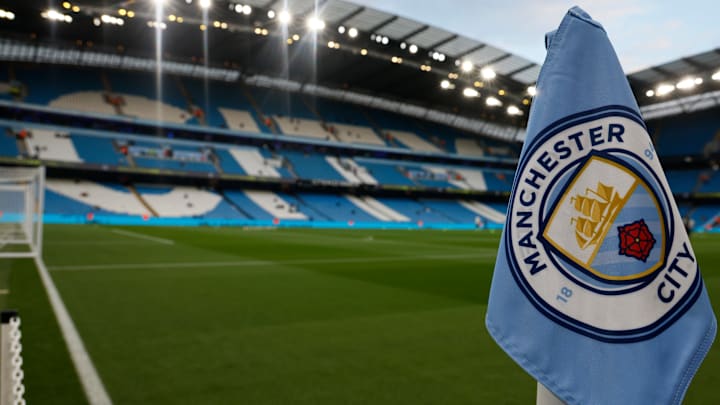For Manchester City, one of European soccer's giants and the current English top flight champions, it represents one of the biggest off-field challenges in its history. Since February 2023, the club has been at the center of an investigation led by the Premier League, accusing City of violating a series of financial rules over almost ten years. These accusations also claimed that critical information was hidden concerning its revenue, sponsorships, and even the payments to its players and coaches. This case, now being tagged "Trial of the Century," could dramatically affect the club.
Follow Playing for 90 on X (Twitter).
Context: sponsorships and Newcastle's purchase
The Associated Party Transactions rules were brought in by the Premier League to oversee sponsorship deals and revenues related to club owners. This decision, passed in February of this year, has been enacted in response to the purchase of Newcastle United by a Saudi Arabian investment fund back in 2021. The apparent aim: blocking clubs from artificially inflating sponsorship deals benefiting from financial ties between owners and sponsors.
Still, Manchester City-whose majority ownership has belonged to the Abu Dhabi United Group since 2008-did not sit still. In June, the club filed a lawsuit against the Premier League for targeting owners from the Gulf and trying to undo the new APT rules. This was only the prelude, many feel, of what could be considered the real focus-the so-called "Trial of the Century," investigating financial violations on the part of City between 2009 and 2018.
The hearing: A strategic Move by Manchester City
There was a crucial hearing this past Thursday, in which clubs were called to vote against the APT rules in what looked like a move likely to weaken Manchester City's case. But in a surprise move, that vote was pulled from the docket. Sources close to the British publication The Times say that City's lawyers convinced the committee the rules as they currently exist must be revised. That is not the "Trial of the Century," but it is most definitely a game-changing development.
Should the regulations be changed, City could find itself seeing the charges reduced and the overall risk of heavy sanctions alleviated. This gives the club a massive strategic advantage, especially in a case where the small print will matter. After all, we're talking about a club that has dominated English soccer for the past decade, with three Premier League titles won during the period under investigation and breaking of a 44-year drought without lifting the trophy.
What is against Manchester City?
The Premier League accuses Manchester City of breaching the latter's rules of "good faith" by furnishing false financial information and distorting the club's economic reality. Some of the major offenses that have been thrown against it include the following:
- Inflated Revenue: Claims are that City overstated its sponsorship income and minimized operational costs for compliance with UEFA and Premier League Financial Fair Play (FFP) rules.
- Coach Payments: It is also investigating the period from 2009 to 2013 when Roberto Mancini was head coach. The league believes that City did not sufficiently declare Mancini's salary.
- Player Wages: Between 2010 and 2016, contracts of players were manipulated, the league says, in order to disguise financial information that might have had a bearing on the investigation.
City also faces charges relating to a breach of the league's regulations on financial sustainability and failure to co-operate with Premier League investigations. These are grave charges, carrying as they do significant penalties which include, but are not limited to, the deduction of points, relegation, or in extreme cases, expulsion from the Premier League. It would not be an exaggeration to say that the club is now facing its most challenging situation since its existence began.
Recently, clubs like Everton and Nottingham Forest have been punished with deductions of points on account of single infractions of this profit and sustainability rule. In case City is found guilty in all counts, the punishment may be infinitely worse.
On the other hand, if the club manages to prove its innocence - or somehow reduce the severity of the charges - it is more than likely to come out even stronger.
